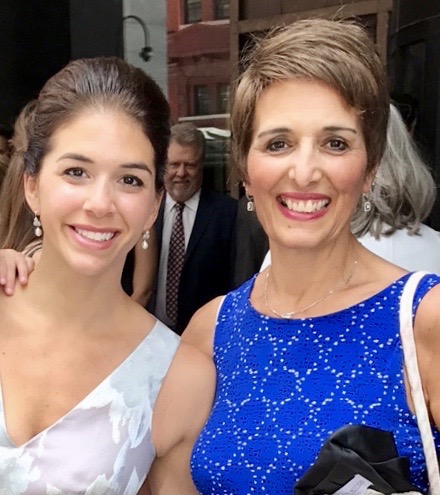 “And what do you say?” I asked my four-year-old with the tone that tells her she knows the answer.
“And what do you say?” I asked my four-year-old with the tone that tells her she knows the answer.
“I don’t want to say ‘Please!’ Can’t I just have it?” She was exasperated, not whiny. Vulnerable, not defiant.
Without another word, I reached into the cabinet and pulled out a yellow box of crackers. I poured them into a tiny plastic bowl with Minnie Mouse painted on the bottom and handed them to her. “Thank you,” she said with a sigh and turned away, carrying her bowl of crackers to where she was playing.
She’s still so little, but every day I glimpse her future self a little more. She can dress herself now and brush her own hair. She plays independently for long stretches of time and can hold a decent conversation, as long as the topic is one of her choosing. She’s a typical four-year-old who is realizing she’s capable of doing lots of things but has to ask permission for most of them.
That’s got to be really frustrating.
Something about her tone transported me back to my senior year of high school when I was the only one of my friends without my license. Young for my grade and living in a state with a driving age of seventeen meant I had to wait until November of my senior year to get my license – otherwise known as an eternity. That period of limbo was agony. I was fully aware that a new level of independence was almost within reach, but it wasn’t here yet.
My four-year-old is experiencing something like that now. It’s the toddler “I can do it myself!” phase kicked up a notch, and each time I pull rank on her for trivial things, I’m pointing out to her all the things she can’t do by herself. Who likes to be reminded of that?
I gave her the crackers without hearing the magic words because she’s not a robot. Every question and request she has is made in context, and on this day, at this time, she’d reached her personal quota on “pleases” and “thank you’s” for her mother.
I’m okay with that.
Whiny complaints and ridiculous demands? No way, but a kid who’s playing nicely, feels a little hungry and sincerely asks me to reach the crackers for her? Yeah, the “pleases” can slide for that one because I know I’m her “safe place.”

After she’s been an angel at school or well-behaved around her grandparents, she can let her guard down with me and drop some of the formalities of social etiquette. After all, at thirty-five years old, I still reserve a certain feisty tone for conversations with my own mom.
She didn’t raise a brat, and I’m not raising one either.
In the complex dynamics of mother-daughter relationships, I’m choosing to turn the other cheek sometimes when my daughter turns on her ‘tude. Her strained tone or eye rolls aren’t cannon shots fired across the battlefield. They are moments of vulnerability that I can help her through by showing her patience and compassion.
If I do it right, like my mom did, it will mean there’s no name calling or arguments between us in the teenage years and actual friendship as adults.
















